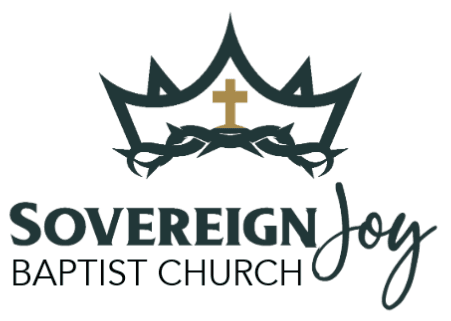In 1524, six years after posting his “Ninety-five Theses,” Martin Luther (1483–1546), father of the Protestant Reformation, charged his contemporaries:
Let us be sure of this: we will not long preserve the gospel without the languages. The languages are the sheath in which this sword of the Spirit [Eph. 6:17] is contained; they are the casket in which this jewel is enshrined; they are the vessel in which this wine is held; they are the larder in which this food is stored. . . . If through our neglect we let the languages go (which God forbid!), we shall . . . lose the gospel.
Are such musings mere rhetorical overstatement? Must individuals in every generation know and appropriate the biblical languages, Hebrew and Greek, in order to maintain the purity of the gospel and the health of the Church worldwide?
[Cont. Reading…] DeRouchie: The Profit of Employing the Biblical Languages






